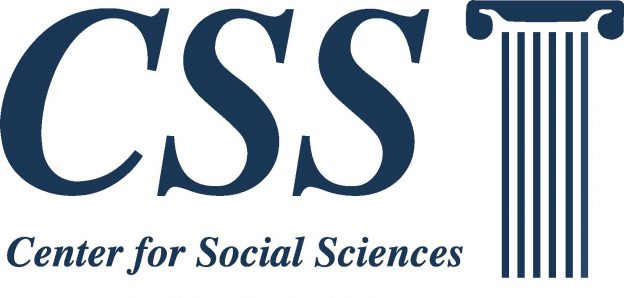Ia Kutaladze, September 2012
In Georgia one of the most large-scale educational reforms was launched more than 10 years ago. The reform affected almost all the aspects of the Georgian general education. New curricula, syllabi and textbooks were introduced, new assessment system and evaluation methods – implemented, new school management techniques – disseminated; the new system of university entry examinations – introduced; activities promoting teacher’s professional development and introduction of a new teacher certification system – planned. National Assessments were conducted, which were considered as one of the significant indicators of the on-going reform. Changes also affected higher education. In general, such a large-scale reform requires regular monitoring and evaluation of changes, which is one of the prerequisites of the success. However, the analysis based on scientific, professional study has not been carried out so far and the country is still in the process of reforming the system.
Starting from 2006, Georgia participated in several international surveys initiated by well known International Association on Educational Achievement (IEA). The surveys are conducted in cycles and give opportunity to assess the progress in the learning process. The analysis of the international survey results reveals existing deficiencies and disadvantages of the system and provides sound basis for making decision on what should be changed and improved. These surveys are diagnostic studies, which describe existing problems in the educational system. When the drawbacks in a learning process are clearly identified, it becomes easier to find the ways for eliminating them.

